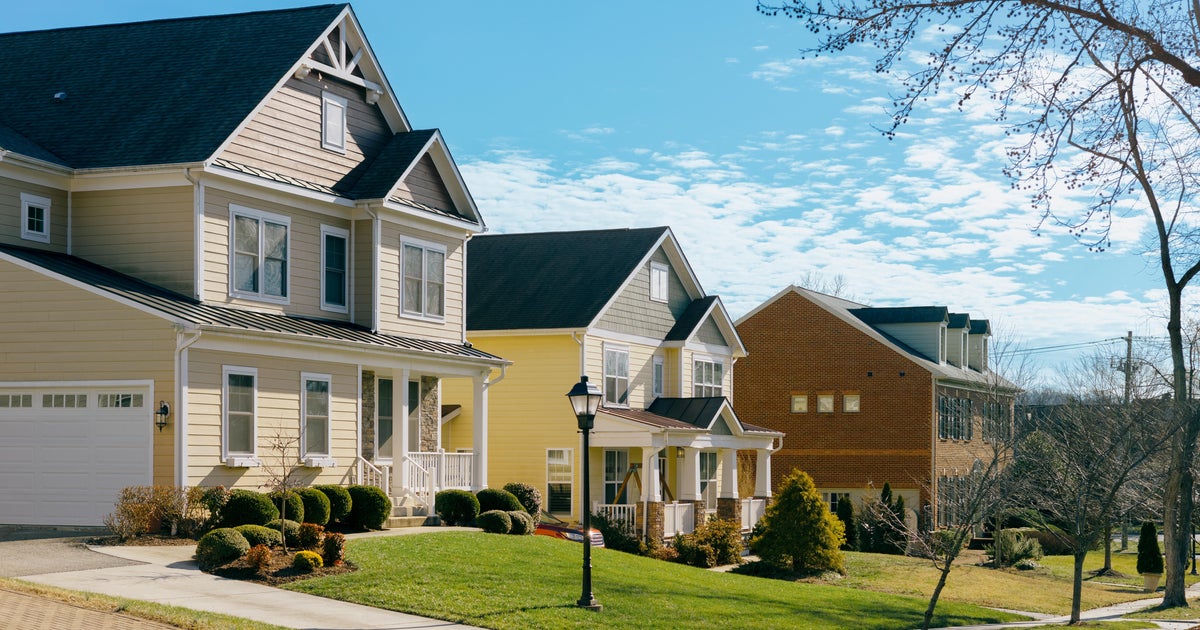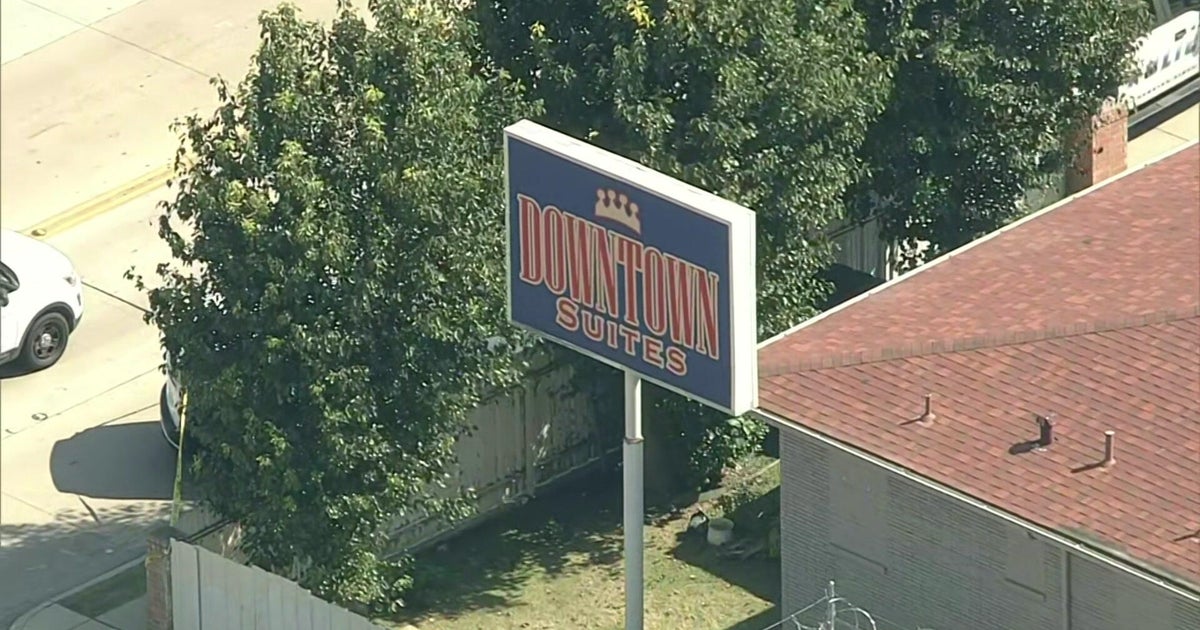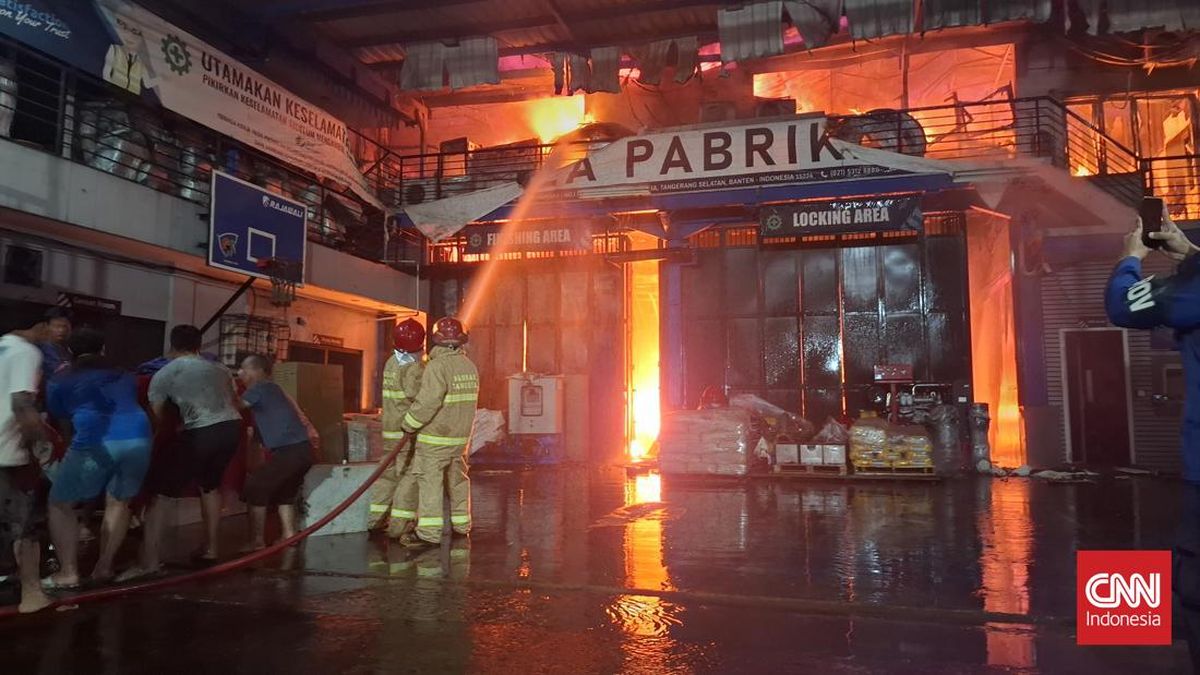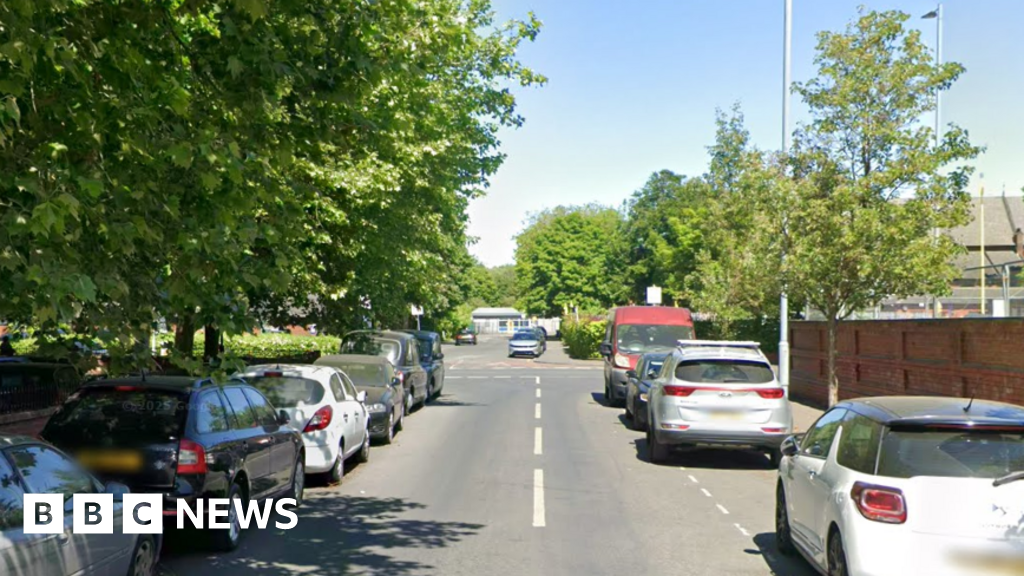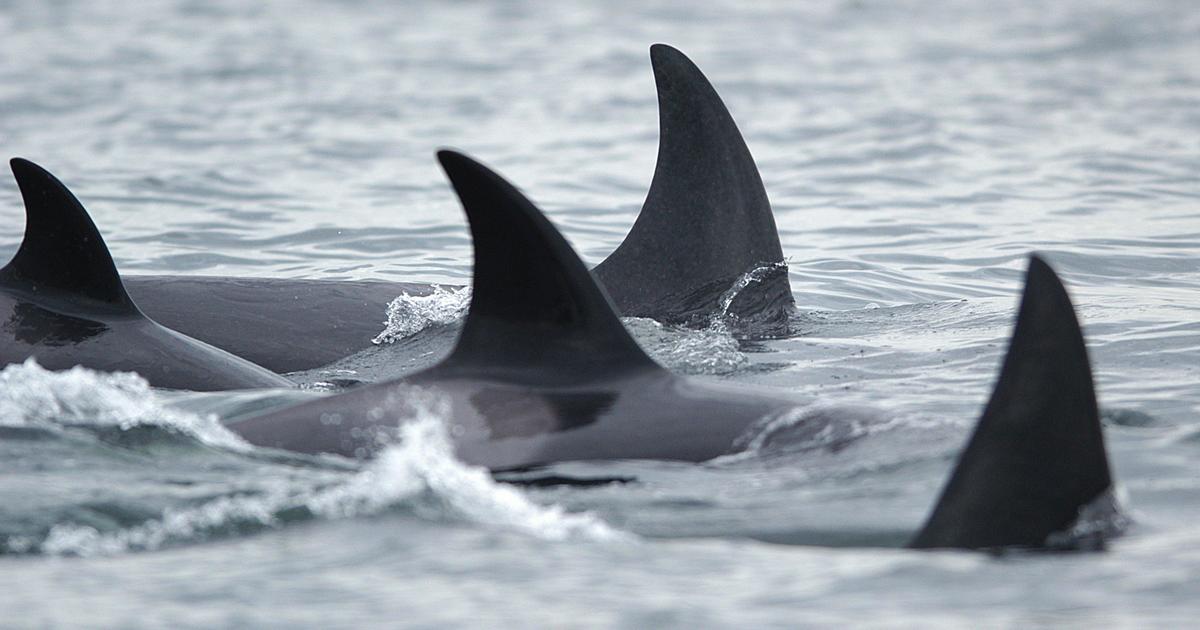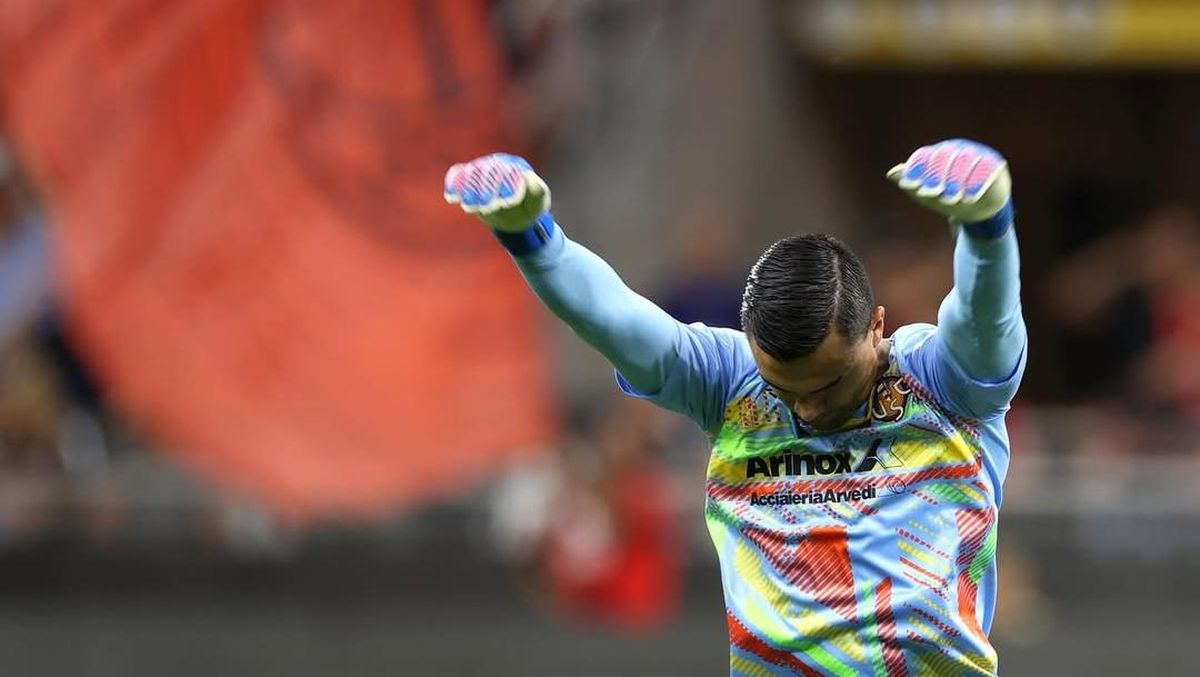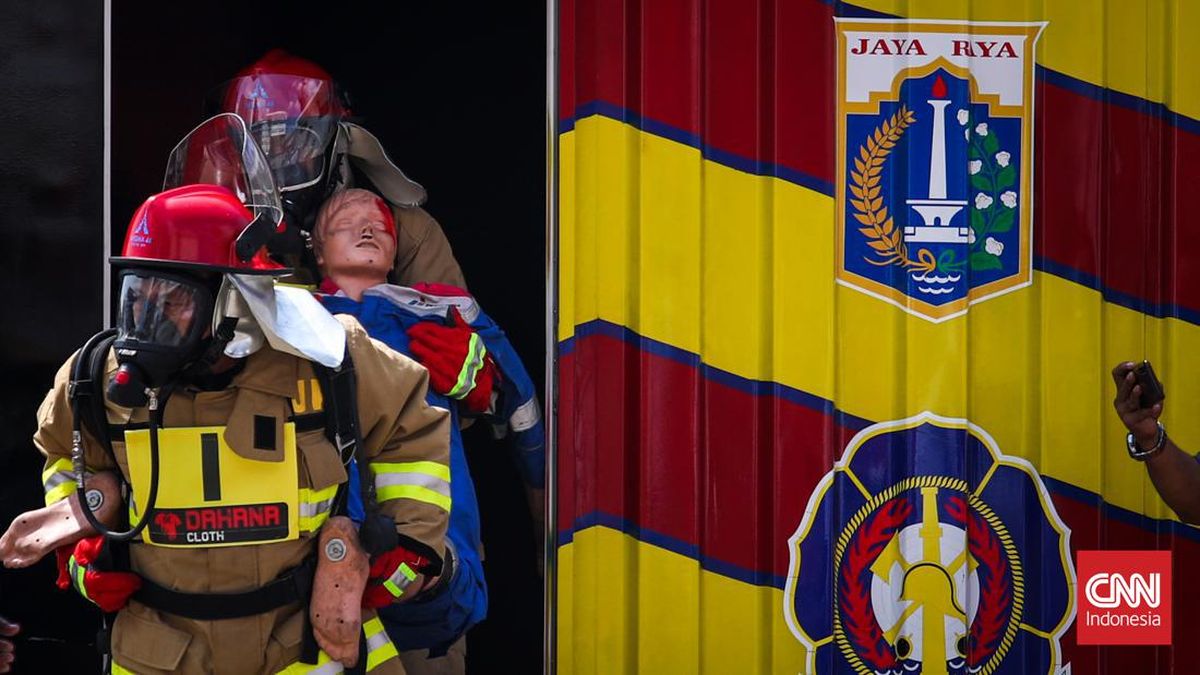Oposition leader Sussan Ley may well wish to keep her leadership and the coalition intact (“Ley’s net zero deal to keep Coalition and her leadership alive”, September 10), but she is fighting an uphill battle. The Coalition – I don’t even need to mention the most rabid climate change denialists in its ranks – is treating anthropogenic global warming as an economic threat rather than a catastrophic threat to the entire planet and its ecosystems, which includes mass extinctions, potentially including humans. It apparently can’t link global warming to the increase and severity of storm events, including floods, droughts and bushfires. With the attendant losses of livestock and crops, farmers are well aware of the dangers of global warming. The Coalition has lost its city voters, how long before they lose the support of rural voters? A policy rethink is required before the members find themselves the only ones out in the cold. Barrington Salter, Elanora (Qld)

Opposition Leader Sussan Ley wanted to strike a different tone.Credit: Alex Ellinghausen
Sussan Ley is fighting on many fronts as she tries to come up with a workable green energy policy. She’s up against regional activists trying to spike the Albanese government’s plans for solar, wind and power transmission. You’d think that with the obvious effect of climate change on rural weather conditions they’d be the first to support these projects. Meanwhile, the Nationals’ Matt Canavan is against everything while Dan Tehan can’t keep his hand off micro reactors. The end can’t be far away. Ian Adair, Hunters Hill
It would seem Coalition MPs haven’t understood why their energy policy was rejected at the last election. Two reasons (at least) were the cost and the time frame involved. The cost of the nuclear policy was exorbitant, and it was clear that the Australian public would foot the bill (although the Coalition tried to hide that fact by claiming the reactors would be government-owned). Of all the alternatives, nuclear was clearly the most expensive. Why should “micro” reactors be any different? In the same breath the Coalition claimed that the cost of renewables was understated because of the additional expense of new transmission. Now, part of their new energy policy is to move gas into other states. Those pipelines won’t be cheap. What is their price tag? As for the time frame, micro reactors are a new technology, even newer than small modular reactors. They will take years to develop. But climate change is a problem for which we need a solution now. It is hoped that the new energy policy will garner the support of young conservatives within the Coalition. If it does, then it will just show how gullible the Coalition remains. David Rush, Lawson
Sussan Ley appears likely to be forced to resurrect the Coalition’s nuclear policy, despite it having significantly contributed to their failure at the last election. At least the prospect of establishing a nuclear industry in Australia, even if in a decade or two, gives a semblance of support for reducing greenhouse gas emissions. Should the Coalition be re-elected, a halt on government support for renewables necessitating a continued reliance on costly, polluting coal-fired power stations is to be expected while the Coalition initiates research, planning, construction and the commissioning of the nuclear plants. Hopefully, by the time this prospect reaches the agenda of a future Coalition government, renewable energy generation will be sufficiently advanced and cost-effective to relegate the nuclear option to history. Roger Epps, Armidale
Israel’s ill intent
It surely must be obvious to the world by now that following its unlawful invasion of Palestinian territory a generation ago, Israel has never wanted peace and never will (“Israel blows up peace negotiations and makes a mess with its vital ally”, smh.com.au, September 10). Aided by the US, Israel has become a military state with one of the world’s largest arsenals of weapons. Benjamin Netanyahu, like Vladimir Putin, is simply a mad, out-of-control barbarian. If he justifies the bombing in Qatar, he could presumably justify bombing anywhere including Australia. The free world must stop allowing this. Julius Timmerman, Lawson

Credit: Cathy Wilcox
Isn’t it now obvious that neither Russia nor Israel will stop their wars until they are pressured to do so? Both will keep bombing until international and internal pressures stop their expansive territorial goals. Rhyan Andrews, Faulconbridge
The attack in Qatar’s capital, Doha, to kill Hamas negotiators is clear proof that the Netanyahu regime has no desire to negotiate peace. What will be the fate of the Israeli hostages now? What country in the Middle East will now be safe from Israeli aggression? In 2010, the Australian government expelled an Israeli diplomat after Israel (supposedly our ally) used faked Australian passports to accomplish the assassination of a Hamas leader in Dubai. The collective punishment of the people of Gaza and the West Bank is justified by Israel as an attack on “terrorists” yet Israel’s own hit squads and its policy of wilful starvation in Gaza clearly show that it is indeed a rogue terrorist state itself. Israeli actions show it cannot be trusted to abide by diplomatic norms. It’s time for Australia to stop the sale of weapons and impose sanctions on Israel. Israel knows no rules-based order. The rogue state that does not recognise borders needs a reality check from countries that do uphold the rules. Does the Australian government? Brian Brennan, Wollstonecraft
Productive study
The fixation on year 12 completion as the desired measure of educational success is counter-productive (“Major reform aims to arrest high school dropout rate”, September 10). Not every student wants to take on a university degree. Our nation laments the lack of skilled and qualified tradespeople yet we relegate TAFE and the apprenticeship system to second-class status. Confining students to the classroom can lead to disengagement and even disruption, robbing many young people of the opportunity to pursue their real interests through alternative career paths. Philip Cooney, Wentworth Falls
Care where it counts
I suppose we should applaud the government for belatedly trying to shore up the childcare mess (“Childcare scandals force changes”, September 10). Getting tough on providers is all very well, but the real problem is recruiting, retaining and training suitably qualified and motivated staff. Low-paid positions with little or no prospect of advancement may be the only jobs some people can get. There should be minimum qualifications required at recruitment and an incremental salary increase after each year of satisfactory service, for at least the first three years of work. Garry Feeney, Kingsgrove
The government is to be commended on its quick action re the safety of children in childcare. Now, if only there could be equal transparency required of the aged care industry. Families should have access to the history of all major lapses so they can make truly informed decisions about potential risks to a loved one. The star system is inadequate. Jennifer Kruger, Newstead (Qld)
Racism in essence
In reply to Rosemary O’Brien (Letters, September 10), I’d suggest that racism boils down to selfishness, ignorance and intellectual laziness more so than the list she suggests. Al Svirskis, Mount Druitt
Your correspondent doesn’t seem to understand that racism encompasses both prejudice and power. Graham Fazio, Cootamundra
Escalating errors of judgment
The confusion and doublespeak in the NSW Liberals approach incomprehensibility (“Libs say ‘sorry’ to Indian community”, September 10). On one hand, leader Mark Speakman and his deputy can’t find the words to condemn hateful comments by a federal colleague. Then he and the Nationals leader, days too late, apologise to our Indian community for her comments. Odious statements should be condemned from the outset. Paul Fergus, Croydon
Mark Speakman’s apology for the “deep hurt” that Jacinta Nampijinpa Price has caused Indian Australians is misplaced. Price’s lack of personal apology channels Confucius’ mantra that a failure to correct a mistake is in itself another mistake. Steve Ngeow, Chatswood
Cause for celebration
Last week, for the first time, two world-class Australian symphony orchestras performed at the Sydney Opera House on the same day. The Sydney Symphony Orchestra, under Simone Young, performed an all-Strauss matinee. Three hours later, the Australian World Orchestra, under my direction, took to the same stage and performed an all-Mahler program – his 4th and 5th Symphonies – never before performed together in Australia. On the same night, Opera Australia’s La Boheme was also playing in the Opera Theatre. Why is this such a cause for celebration? Because all three performances were sell-outs. Was this the first real test of whether Sydney can support multiple major classical music concerts in a single day? If so, the answer is “Yes”. The fear that multiple concerts on the same day, in the same place, means unmanageable competition, over-supplied audiences and under-subscribed concerts, is simply wrong. Alexander Briger, Australian World Orchestra

Alex Briger conducts the Australian World Orchestra
Gravity of the situation
Your correspondent’s (Letters, September 10) fears of providing CPR to a full-breasted woman are groundless. As pointed out to me by one of my female SES members when I raised the same matter in training, CPR is given to adults while they are lying on a firm surface, on their backs. Regarding fears of inappropriately touching a female patient while performing CPR, my associate pointed out to me that gravity takes over and breasts invariably move towards the relevant armpits, safely out of the way. I have performed CPR for real on a woman, my late wife, and know from experience that the above is correct. Dave Williams, Port Macquarie
I remember doing many CPR training sessions in NSW hospitals on a mannequin named Resusci Anne. Her face was based on an unknown woman’s death mask, however her body was flat chested. It’s a worry to think that women are less likely to receive CPR. Every member of the public should know that the triple-0 operators are the experts to guide people to perform CPR on any body type. Lisa Clarke, Watsons Bay
During my long (over 40 years) association with St John Ambulance I trained, and then trained others, on the Rescuci Anne CPR training tool, with a female torso, head and hair. Ann Clydsdale, Bathurst
Why be selective?
Many of your correspondents decry selective schools as an “unmitigated disaster” and a “pressure cooker” (Letters, September 10). In the 1960s, as the child of migrant parents who arrived four years earlier, I was offered an opportunity to attend a selective school. It would mean catching two buses, and my parents almost refused the offer, as there was a public school within walking distance. A family friend convinced my parents that I should take up the offer. Back then, the teachers were also specially selected, and coaching colleges were non-existent. For families with limited means, the selective school system provided such a wealth of opportunity not otherwise available. I will be forever grateful to my teachers and my peers for providing the environment to challenge inquisitive minds and to forge lifelong friendships. No doubt students at comprehensive schools can also have such experiences, but why the need to denigrate one sector? Irene Nemes, Rose Bay
Keep it real

This is what we want - not plasticCredit: Getty Images/iStockphoto
Fake grass is to be deplored as much as every other poor imitation of that which is good, or simply real (Letters, September 10). Its use is a false economy, as it is expensive and deteriorates rapidly, needing replacement. When degrading, it sheds untold millions of plastic particles, and when removed, being non-recyclable, it becomes a long-lasting landfill pollutant. As a playing surface, it contributes to injuries, and it becomes dangerously hot, even at normal ambient temperatures (which is why hockey fields are dampened before play), also contributing to environmental warming. Use of living grass would provide jobs for skilled greenkeepers and curators, as well as turf growers. Artificial grass should be banned, not just in public spaces, but also in landscaping of private property. Finally, consider the joy to be had by our children, being able to frolic on real lawns and play in real mud. Peter Craig, Dulwich Hill
Not so tough leather
I am an old motorcyclist who needs a new leather jacket. I contacted two businesses, whose replies appeared to be AI generated and were of little use. I found a third business with a good website, and was encouraged – until I read the Care Instructions for their jackets. These were common sense, probably AI generated, but the last suggestion was not to expose the jackets to “excessive sunshine”. Long retired, I only ride on sunny days. What brand of sunscreen should I use on their jackets? Bob Roobottom, Taree
Get your kicks
I remember the days when the football was the entertainment (“Rugby league ditches rock’n’roll for soul with grand final entertainment”, smh.com.au, September 10). Peter Bourke, Rockdale
Irish twins
With an Irish name like mine, I never thought I’d find a namesake (Letters, September 10). Playing golf at Asquith, I met another one from the Central Coast. His friends wondered why he wrote letters to the Herald from Newport, my previous abode. Dennis Fardy, Warriewood
- To submit a letter to the Sydney Morning Herald, email [email protected]. Click here for tips on how to submit letters.
- The Opinion newsletter is a weekly wrap of views that will challenge, champion and inform. Sign up here.





